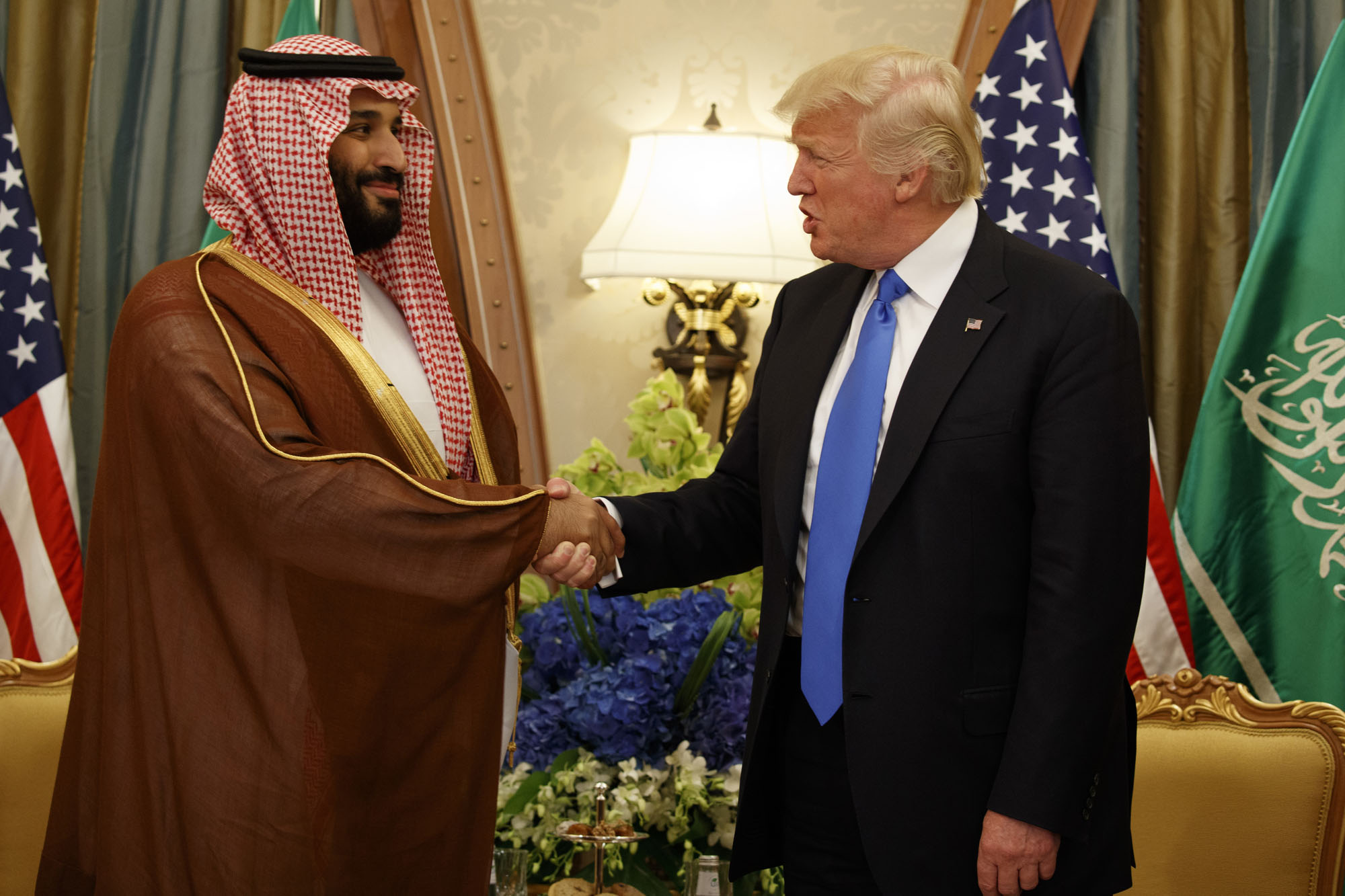The abrupt change in Saudi Arabia's line of royal succession will probably help maintain the House of Saud's sway over its 31 million people, 70 percent of which are under 30. It is, however, a dangerous move in the context of a new "big game" unfolding in the Middle East, which involves the United States and Russia as well as local players.
Saudi King Salman named his 31-year-old son, Mohammed bin Salman, as the new crown prince. This is the second succession reshuffle in which the young heir — and favorite son of the king — gained influence. In the last two years, Mohammed bin Salman, as the new crown prince is often called, was put in charge of Saudi Arabia's two most important portfolios — defense and the oil industry. He made the diplomatic rounds last month, visiting President Donald Trump in Washington and President Vladimir Putin in Moscow.
King Salman, 81, clearly seeks a generational change in leadership and perhaps a little less religious fundamentalism. Mohammed bin Salman has been working on that, although in the limited way of someone who was trained as a lawyer in Riyad, not in a Western capital. He has, for example, stripped the religious police of the power to arrest people. He's also set up an Entertainment Authority that has been organizing (segregated) concerts and talking about bringing back cinemas; it has even held a comic book convention at which men and women reportedly danced in the same big hall. Top clerics have been up in arms, but presumably, young people like it.



